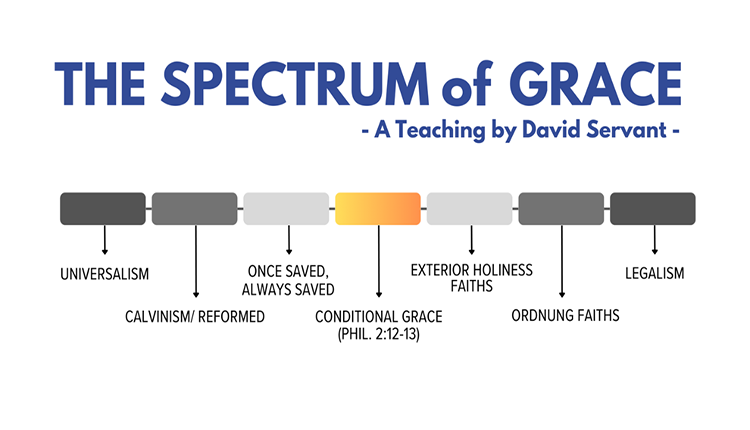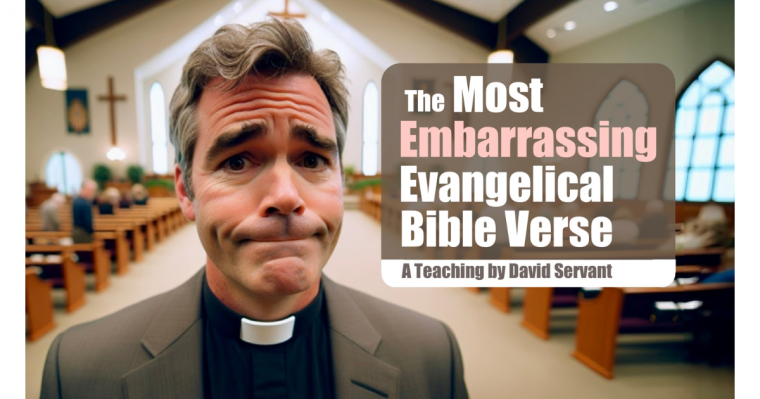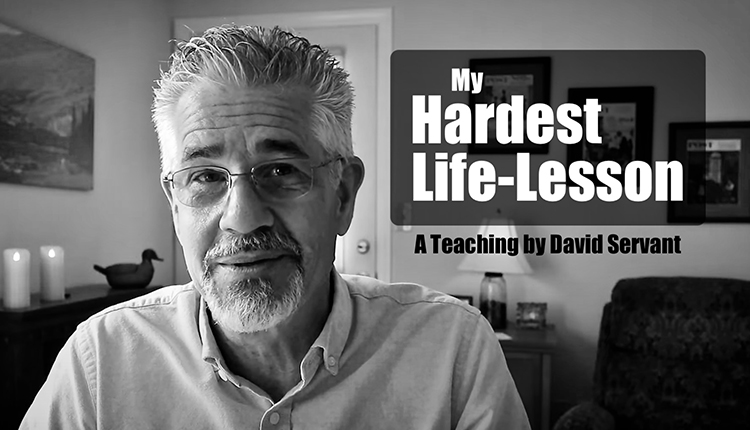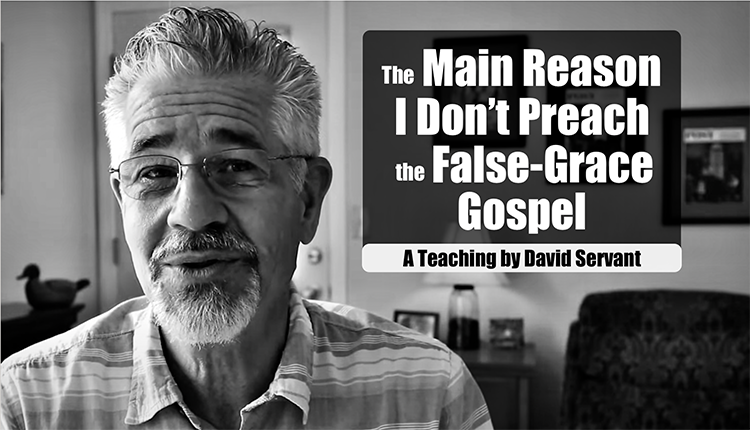
Did you know that the spectrum of theological belief within all of Christendom can be viewed as a spectrum of belief about grace? That spectrum ranges from Universalism (everyone will be saved in the end) to Legalism (salvation is earned by rule-keeping), and everything in between. Most Christians fall somewhere in the middle of that spectrum. The teaching that follows is designed to help you identify precisely where you are at on that spectrum, as well as evaluate if you should move from where you are. If you are, for example, Calvinist/Reformed in your theological perspective, you may be surprised to learn how near you are on the “Spectrum of Grace” to Universalism.









